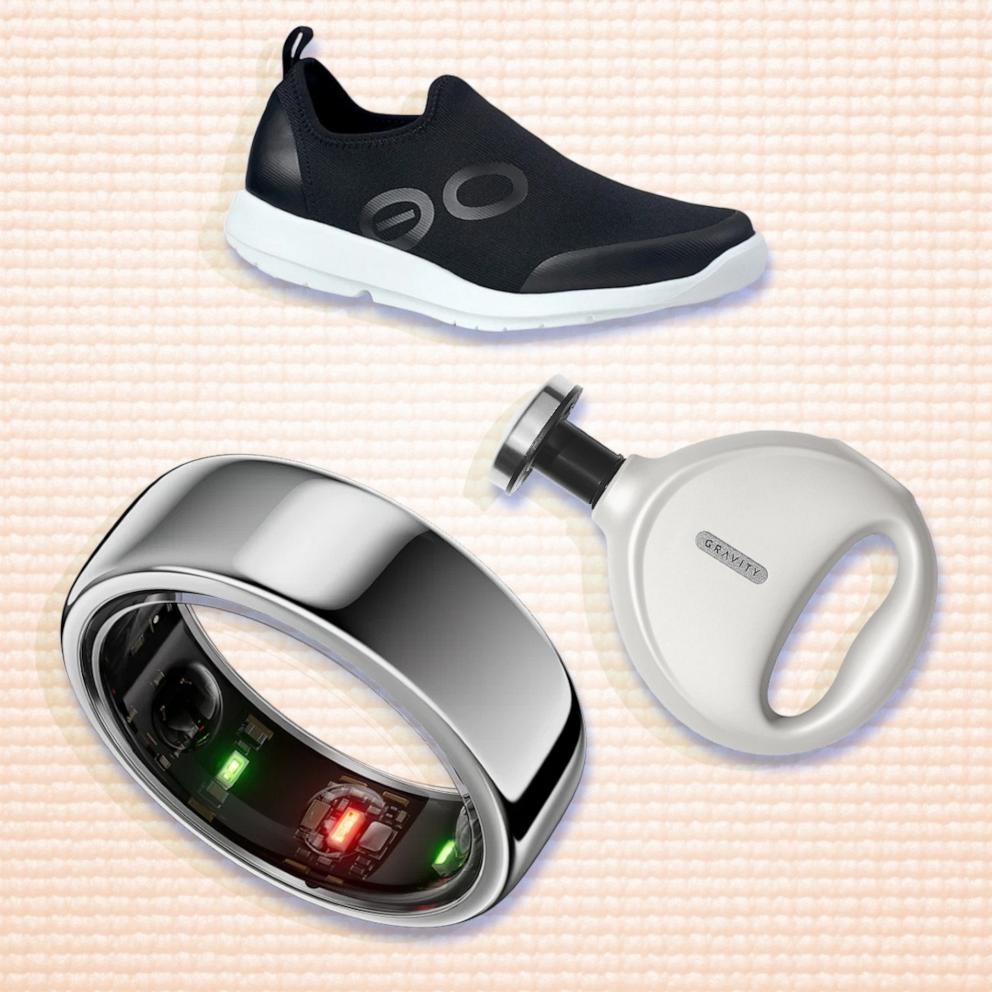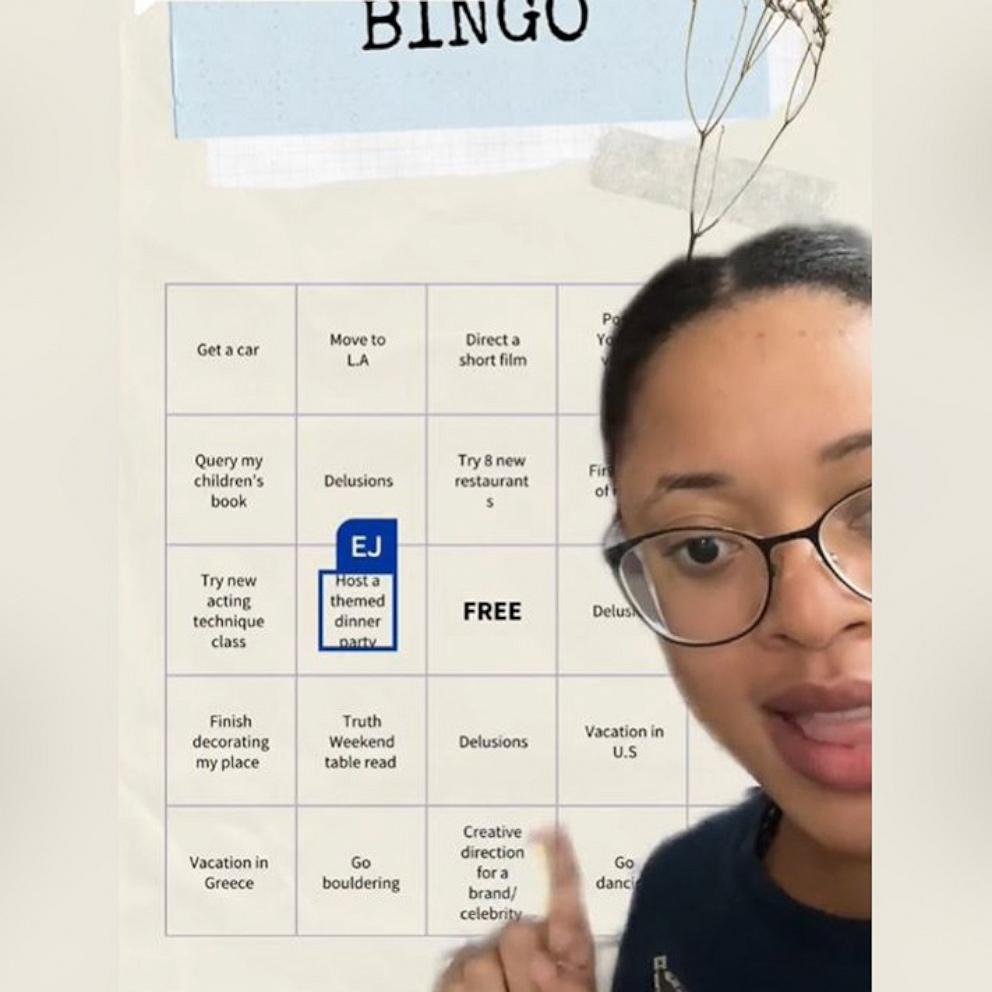Samsung unveils 1st smart ring with biometric health monitoring, how it stacks up to the Oura Ring

Samsung is ushering in a new era of AI-powered wearable technology aimed at helping people meet their everyday wellness needs through intelligent health experiences, with features that range from sleep behavior monitoring to menstrual cycle tracking.
The South Korea-based tech company unveiled its expanded slate of wearable products at its Galaxy Unpacked event in Paris on Wednesday, including the highly-buzzed about new Galaxy Ring that can be worn 24/7 with end-to-end integration with its smartphones and smartwatches.
Introduction to the Samsung Galaxy Ring

The Galaxy Ring is Samsung's latest foray into wearables for health enthusiasts and tech-savvy consumers alike.
The sleek, compact ring packs a punch with advanced health monitoring capabilities and seamless integration with Samsung's ecosystem.
Samsung Galaxy Ring key capabilities

Advanced health monitoring: The lightweight device boasts a suite of sensors that continuously monitor key health metrics including sleep patterns, heart rate variability and activity levels 24 hours a day. That data is then analyzed using Samsung's proprietary AI and algorithms to provide users with a new Energy Score, which details the personalized insights of the user's overall well-being.
Biofeedback and stress management: One of the standout features of the Galaxy Ring is the capabilities for real-time biofeedback, which rivals similar tech products from Apple. Using sensors embedded within the ring, it can detect stress levels and provide users with actionable insights and guided breathing exercises to help manage stress effectively.
Sleep tracking: Building on Samsung's expertise in sleep tracking, the Galaxy Ring offers detailed sleep analysis including stages of sleep -- REM, deep, light -- with insights to improve sleep quality over time.
Fitness and activity tracking: Whether you're into running, cycling or yoga, the Galaxy Ring can track various activities with precision. It will provide users with real-time stats during their workouts as well as summaries afterward to help the user stay motivated and achieve more fitness goals.
Integration with Samsung Health ecosystem: The device can sync seamlessly with the Samsung Health app, allowing users to view all their health and fitness data in one place. This integration also enables users to set goals, track progress and receive personalized recommendations based on their activity and health metrics.
AT&T is the exclusive wireless carrier for the new Samsung Galaxy Ring, and the company's SVP of Consumer Product, Erin Scarborough, said this gives health-focused customers "a new device that creates the perfect ecosystem with their smartphone."
The new smart watches and ring will utilize AT&T's 5G technology which the company said will help ensure faster data transfer speeds, allowing for more data-intensive applications and real-time communication.
Comparing the Samsung Galaxy Ring with the Oura Ring

Now, let's look at how the Samsung Galaxy Ring stacks up against the Oura Ring from Oura Health, which has multiple versions, when it comes to price and basic functionality.
Materials and colors: The Galaxy Ring is made with Grade 5 Titanium and comes in three finishes: Titanium Black, Titanium Silver and Titanium Gold.
The Oura Ring is made of aerospace-grade Titanium and comes in two styles. The first is Horizon, "a sleek, circular design" that has six finish options including Brushed Titanium, Silver, Black, Stealth, Gold or Rose Gold. The Heritage, which is Oura Health's "classic, plateau design," comes in Silver, Black, Stealth or Gold finishes.
Price: The Samsung Galaxy Ring is positioned competitively in the market with a starting price of $399.99, reflecting its advanced features and integration capabilities.
The Oura Ring starts at $299 for the Heritage style and $349 for the Horizon style. But one key difference is that the Oura Ring requires an additional membership, which is free for the first month then increases to $5.99 per month.
Water resistance: With 10ATM water resistance for both devices, meaning it's safe up to 100 meters deep, the Galaxy Ring and Oura Ring are suitable for showering, surface swimming or snorkeling, but not for greater depths like scuba diving.
Size and weight: The Galaxy Ring has nine sizing options. The device is 7 mm wide and 2.6 mm thick and weighs between 2.3 grams and 3 grams, depending on the band size. Customers receive a sizing kit upon purchase to ensure they find the best fit.

The Oura Ring weighs between 4 to 6 grams, depending on size, and is similar dimensions at 7.9 mm wide and 2.55 mm thick.
Battery life: Samsung said the battery on a Galaxy Ring can last up to seven days with continuous usage. It comes with a portable charging case and wireless air buds.
According to the Oura Ring's FAQ page, a fully charged ring "may last up to seven days," but the company notes that battery life can vary depending on how old the ring is and how often you use certain features, and that all rechargeable batteries "have a limited lifespan, so their capacity and performance will gradually decline over time."
User experience: Both rings are designed with comfort and aesthetics in mind, but the Samsung Galaxy Ring may appeal more to users looking for a multi-functional wearable that goes beyond just sleep and activity tracking, because it offers a wider range of health metrics, including stress management, biofeedback and comprehensive fitness tracking.
The Oura Ring focuses primarily on sleep tracking with detailed insights into sleep stages, recovery and readiness. While it also offers some activity tracking, it's less comprehensive compared to the Galaxy Ring in terms of overall health metrics.
Oura activity tracking can be integrated with Apple Health, Google Fit and Strava.
The Galaxy Ring, along with the newly unveiled Galaxy Watch7 and Galaxy Watch Ultra, are now available for pre-order in select markets, with general availability starting July 24.







